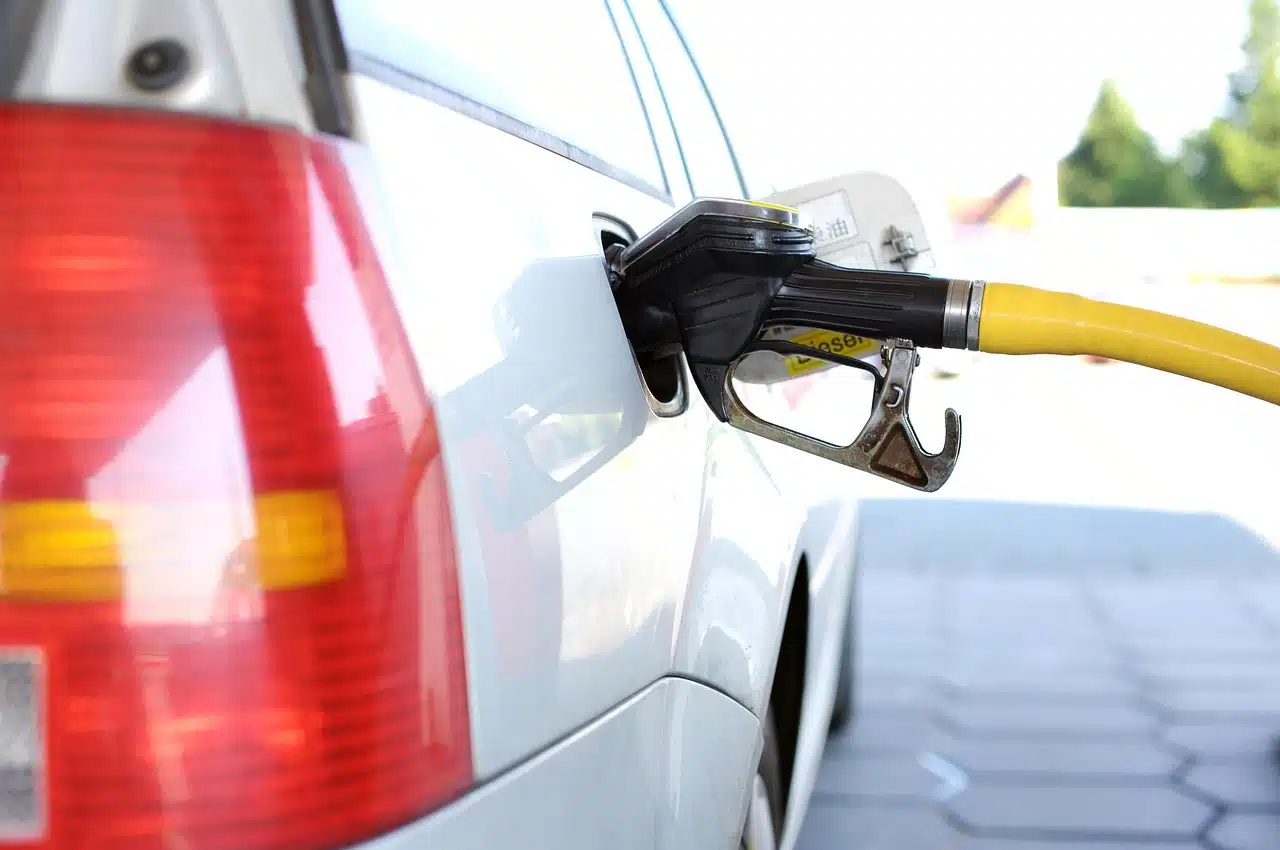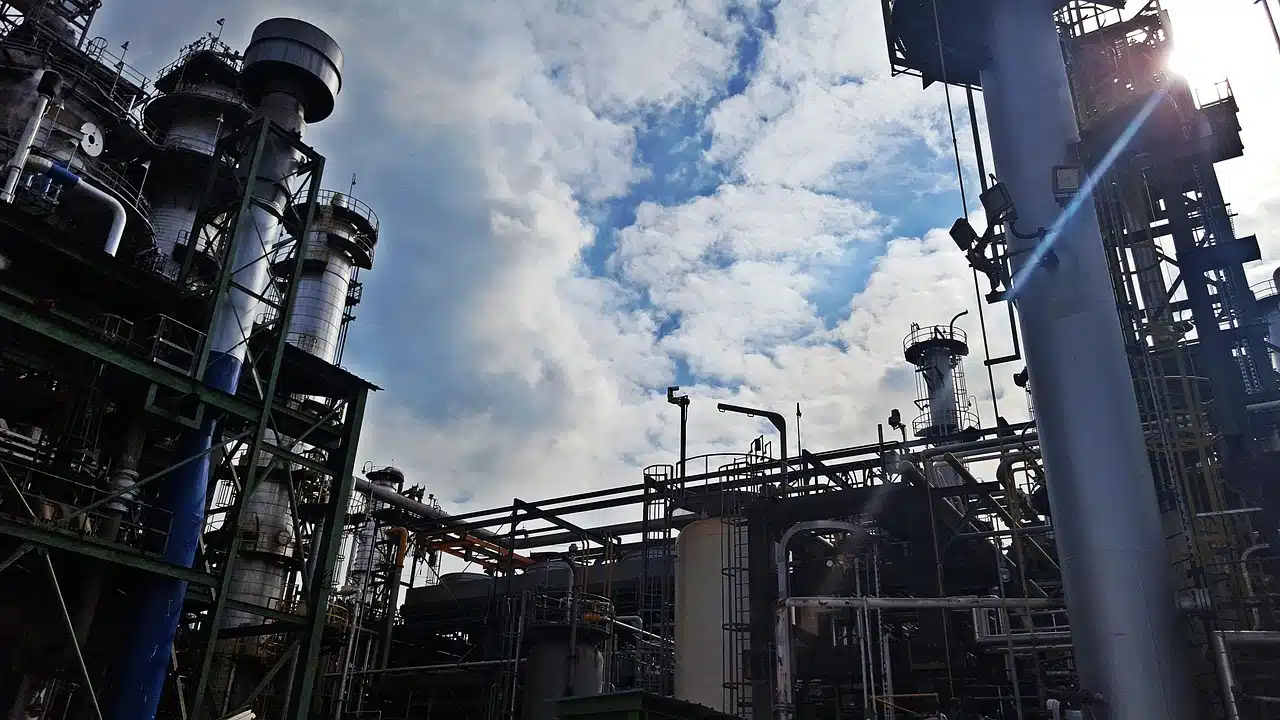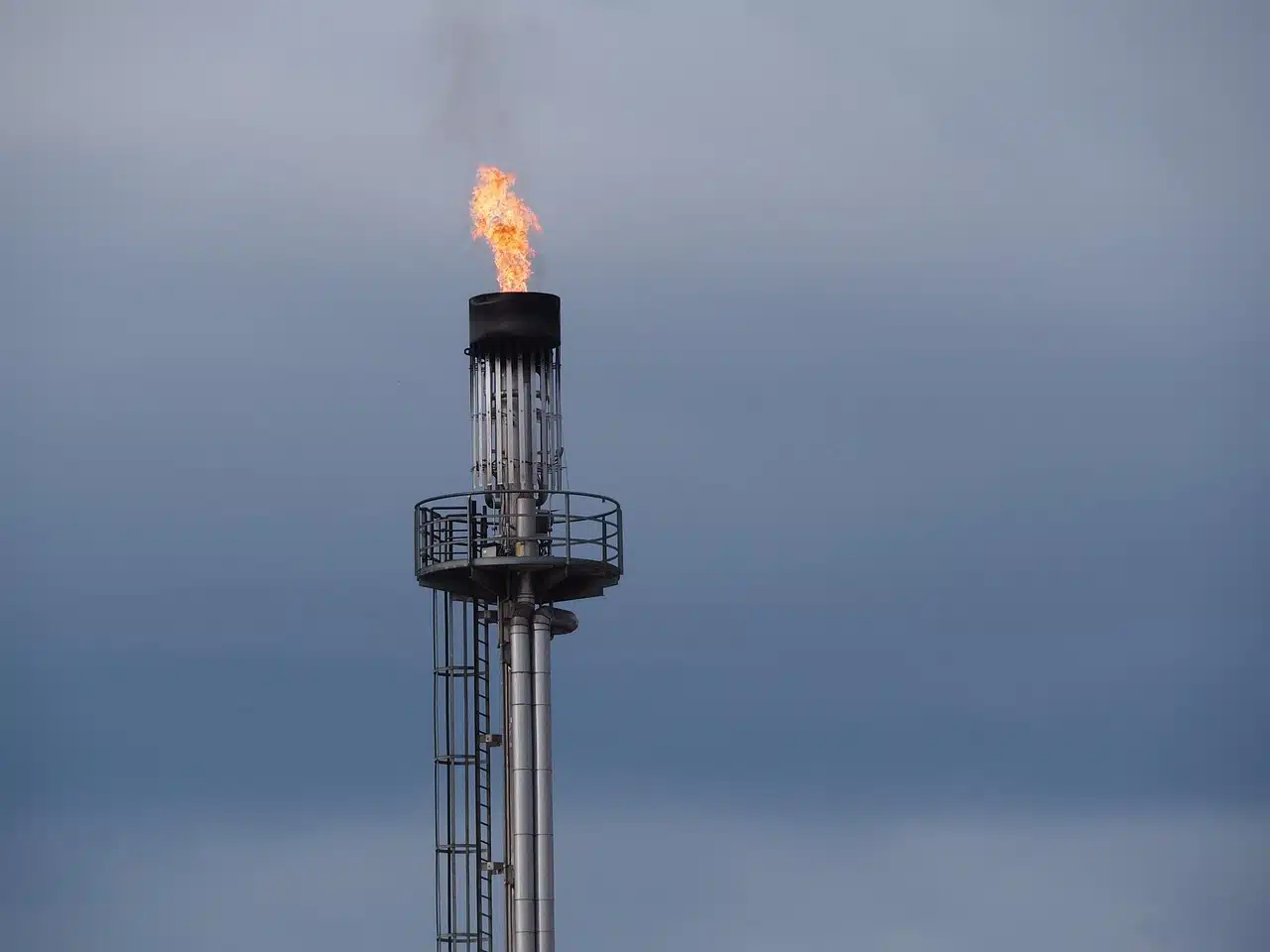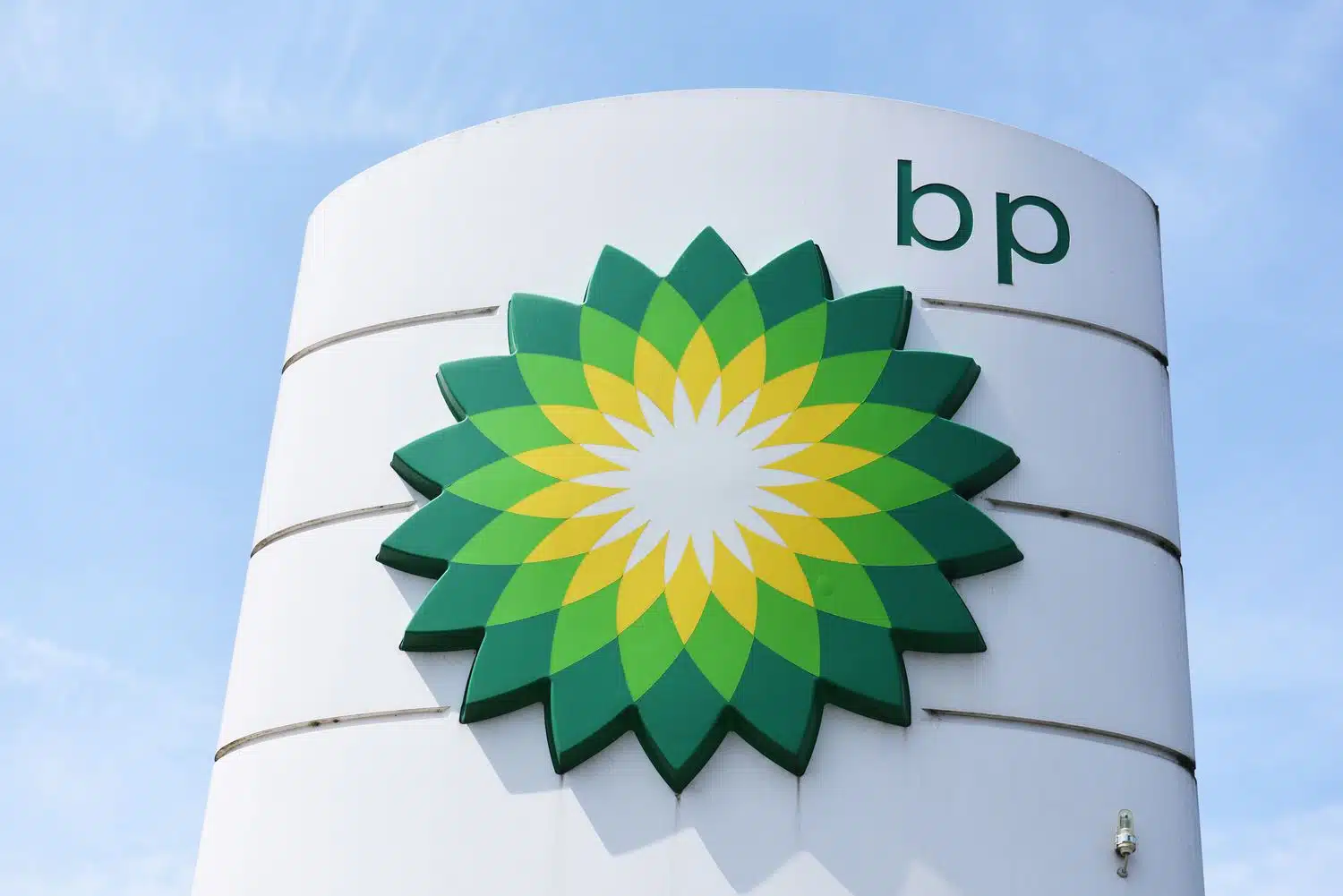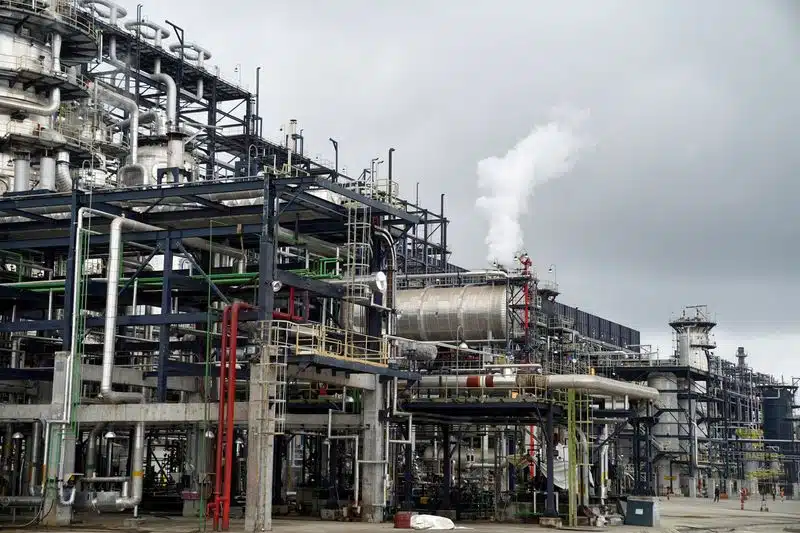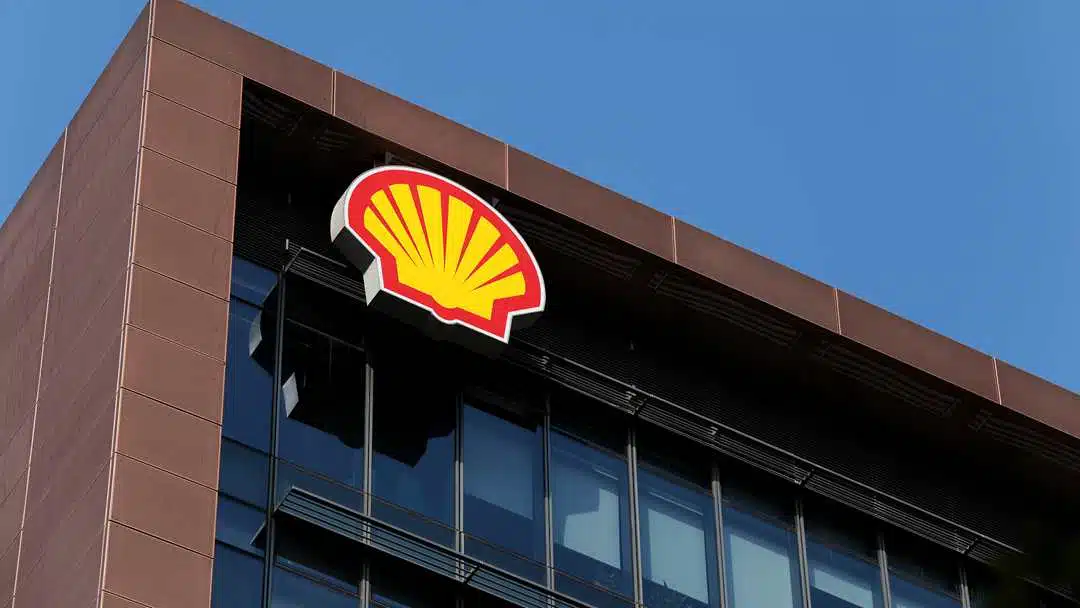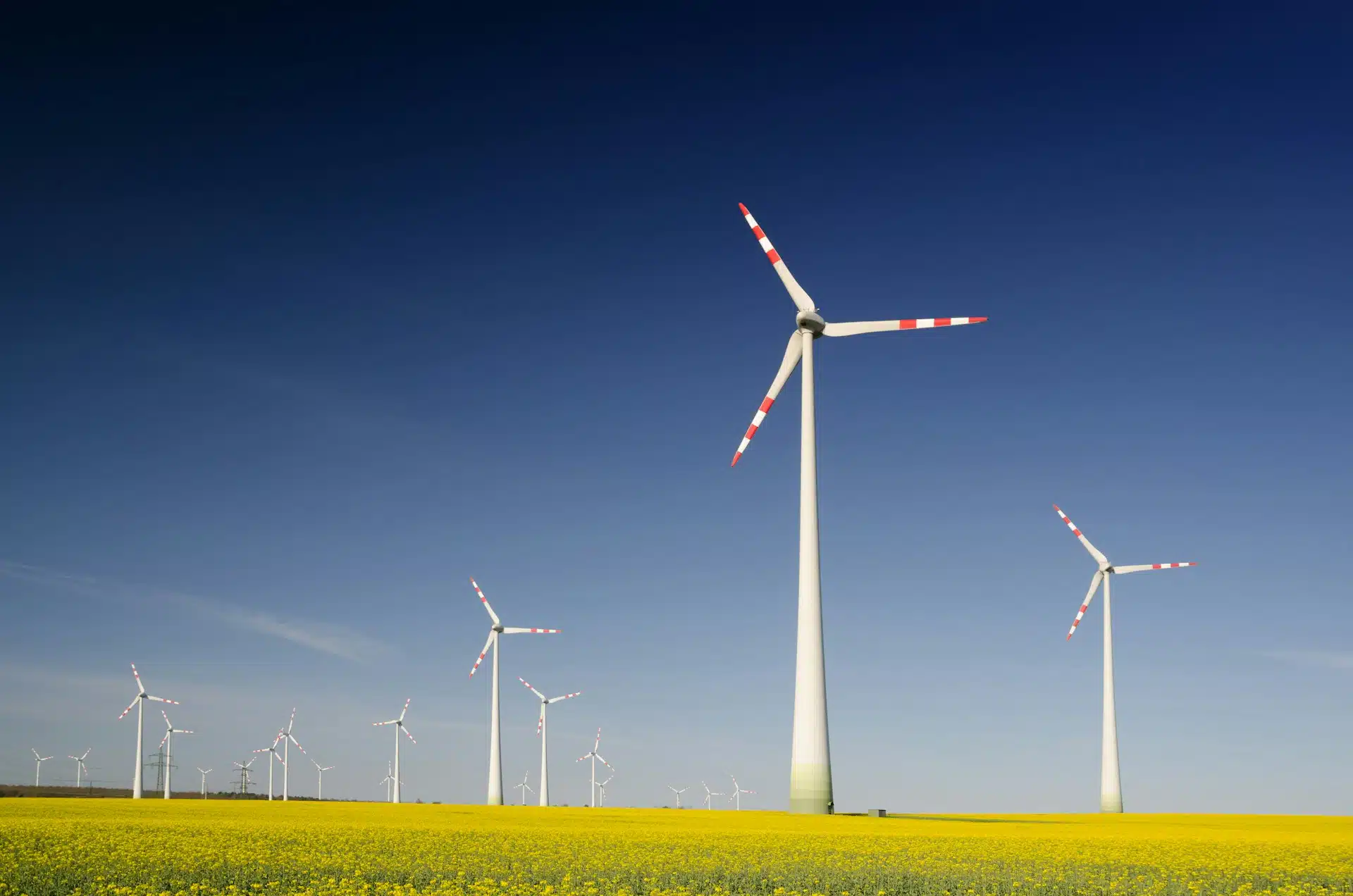Oil marketers in Nigeria say they are still unable to access petrol supplies from the state run Port Harcourt and Warri refineries, six months after the facilities were declared operational.
According to these fuel dealers, the plants have yet to contribute to the country’s daily petrol supply, leaving them reliant on imports and production from the privately owned Dangote Refinery.
This was revealed by the Petroleum Products Retail Outlets Owners Association of Nigeria (PETROAN), which represents over 6,700 fuel station operators across the country.
The association noted that its members continue to depend largely on imported products and the Dangote plant, which is yet to operate at full capacity.
“We are still dependent on the Dangote Refinery and imports for our supply,” PETROAN stated, adding that there is growing concern over the lack of transparency surrounding the operations of the state owned refineries.
Moreover, the federal government announced in December 2024 that the initial phase of the refinery rehabilitation had been completed.
However, recent data from the Nigerian Midstream and Downstream Petroleum Regulatory Authority (NMDPRA) show that no petrol was produced at the Port Harcourt refinery as of March 2025 — the latest month for which full figures are available.
Instead, the facility, which was once Nigeria’s largest, continues to refine diesel.
In addition, the Warri refinery has also not been reported to have resumed petrol production. Meanwhile, Dangote’s refinery produced 20.6 million litres of petrol in March, while imported products added 25.19 million litres to the national supply.
Combined, these sources accounted for 92 percent of Nigeria’s daily market demand, estimated at 50 million litres per day.
Oil marketers seek clarity, government takes action
Meanwhile, PETROAN has called for clarity on when Nigerians can expect the state refineries to start contributing to domestic fuel supply.
In a statement, the group said, “Nigerians want to know the exact date of delivery of the revamp project.”
The association added that unless the situation changes, the objective of reducing fuel importation will remain unmet, despite the government spending about $2.4 billion since 2021 to revamp the facilities.
The federal government has already taken some internal action.
On April 30, the newly appointed CEO of NNPC relieved the heads of Nigeria’s four state owned refineries of their duties.
The move came roughly a month after he assumed office, amid growing questions over the state of the country’s refining capacity.
Nigeria spent N15.4 trillion ($9.63 billion) on petrol imports in 2024, according to the National Bureau of Statistics.
This figure more than doubled the N7.51 trillion spent in 2023 a burden authorities say can only be addressed by refining petrol locally.

